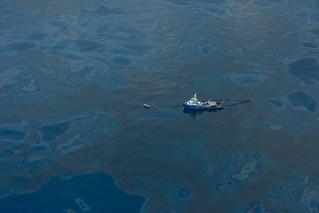
In a bid to cleanse the skies, the shipping industry has navigated into uncharted waters, inadvertently stoking the furnace of global warming.

The shipping sector underpins global trade, facilitating the transportation of commodities such as bananas and televisions worldwide. However, it is highly carbon-intensive, contributing approximately 3% of worldwide emissions, equivalent to air travel.

Given that a significant portion of these emissions is generated on the high seas, transcending national boundaries, collaborative actions at regional and international levels are imperative to mitigate the industry’s environmental impact.
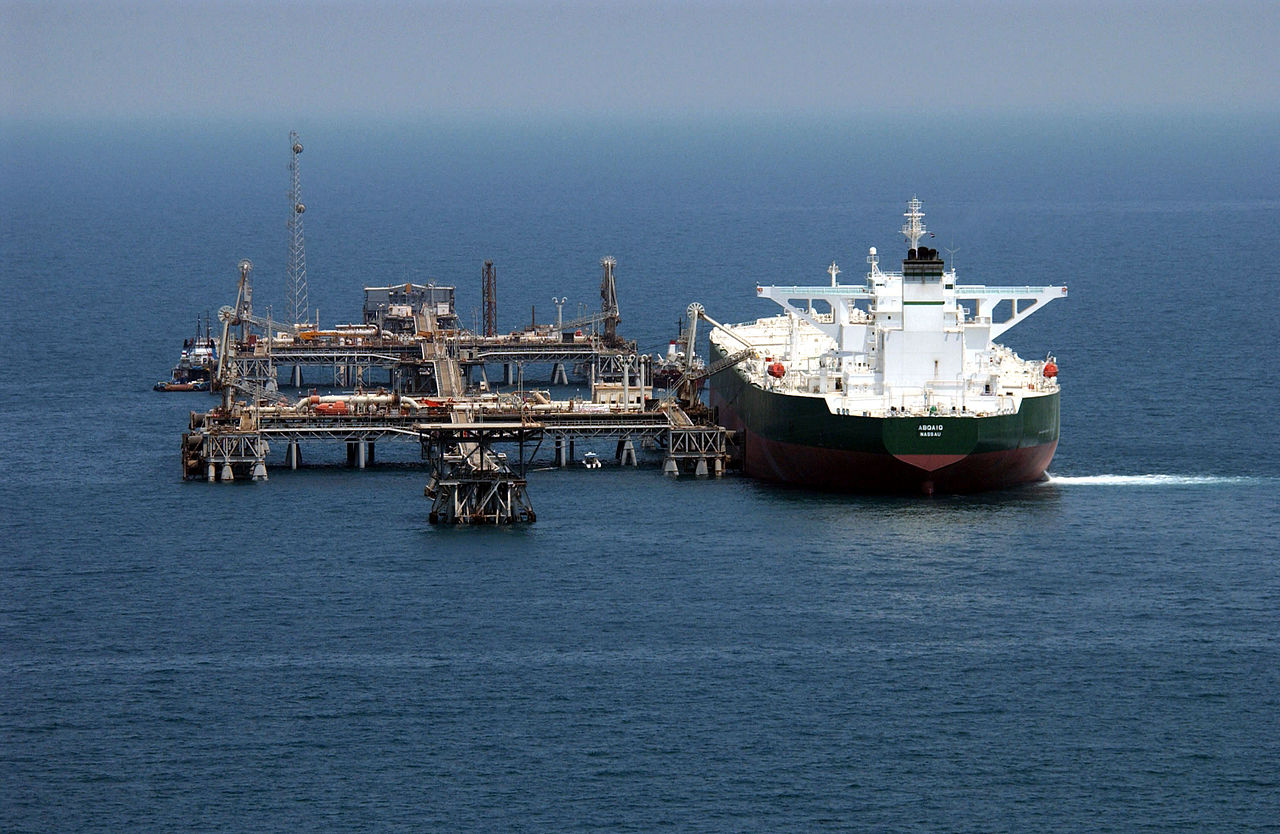
A recent climate model posits that while efforts to reduce pollution from ships have successfully slashed emissions, they have simultaneously spurred on a warming effect with an impact as significant and far-reaching as the ocean routes plied by these very vessels.

The regulations, enacted in 2020 by the International Maritime Organization (IMO), were designed to cut sulfur dioxide emissions from cargo ships by a staggering 80%, curbing pollution and aiming to prevent thousands of premature deaths each year.

This noble pursuit, however, appears to have revealed a paradoxical twist: the same aerosols that tarnished the air we breathe might also have been shielding our planet from the sun’s warmth.
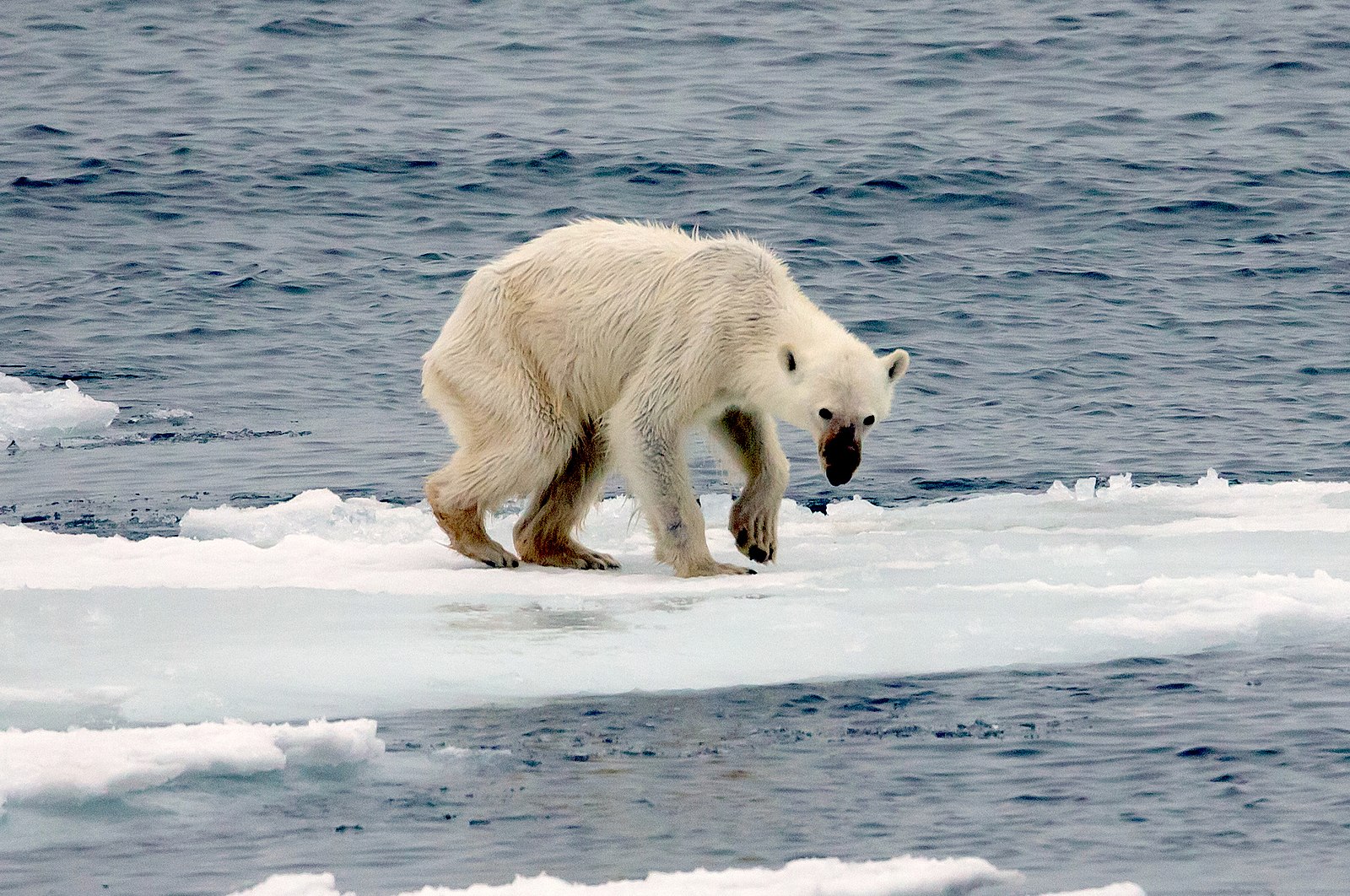
Since March 2023, scientists have been grappling with the fact that the absence of this sulfurous haze, coupled with other factors like the El Niño climate pattern and a significant volcanic eruption in 2022, have contributed to sea surface temperatures climbing to new, alarming heights.

“The warming effect is consistent with the recently observed strong warming in 2023 and is expected to make the 2020s anomalously warm,” the study’s researchers warn.
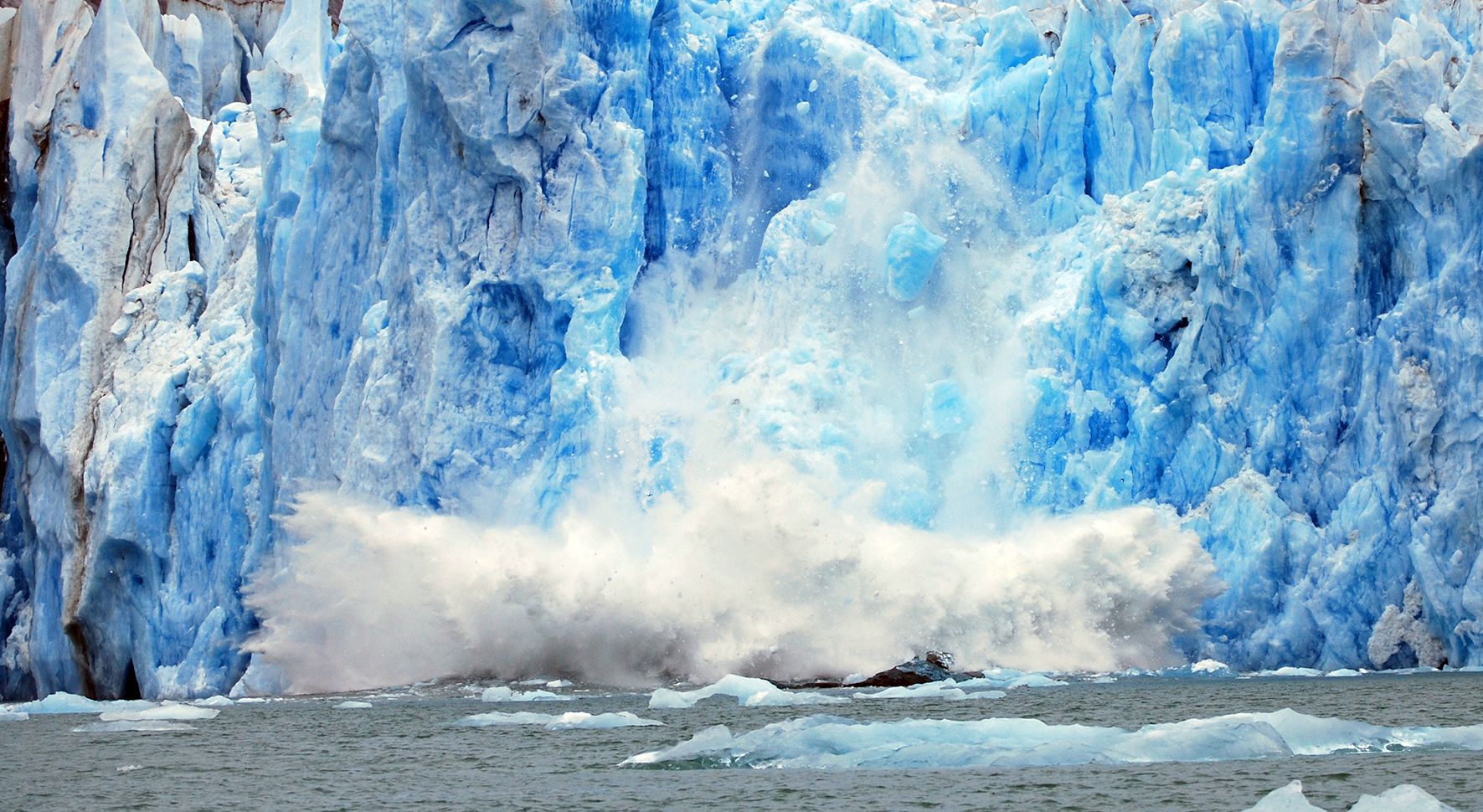
The change in temperature has not been negligible. It amounts to an equivalence of “80% of the measured increase in planetary heat uptake since 2020,” suggesting a possible doubling—or more—of the warming rate in the 2020s compared with the rate since 1980. Despite these startling findings, the debate among climate scientists remains heated.

Some, like Gavin Schmidt, Director of NASA’s Goddard Institute for Space Studies, caution that the study might not have accounted for all variables accurately.

Schmidt, lending his voice to a chorus of skeptics, highlighted that “their estimate of the temperature response is not quite right, I think.”
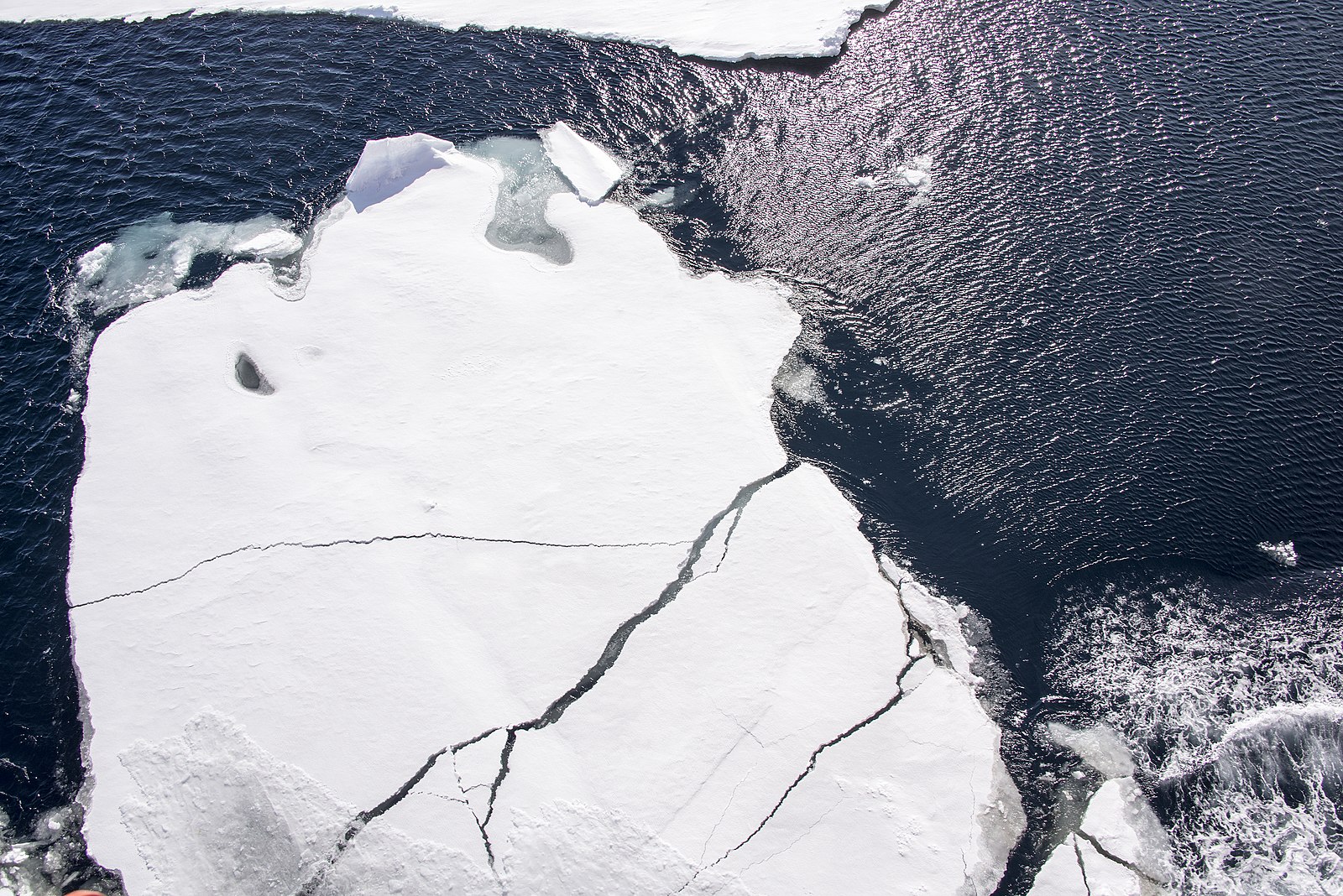
He alludes to ongoing analyses that could reshape our understanding of the IMO rules’ impact. On the other end of the spectrum, proponents of solar radiation management (SRM) techniques might find themselves vindicated, as these findings mirror the risks of such geoengineering efforts.

The current scientific discourse also touches on the wider implications of solar radiation management techniques like marine cloud brightening—using aerosols to dim sunlight.

Skeptics like Schmidt doubt the viability of such methods, not for the lack of scientific support, but rather for the governance and geopolitical fragility they might introduce.

Dr Laura Wilcox, Associate Professor at the National Centre for Atmospheric Science (NCAS) in the University of Reading, said: “This is a timely study, but it makes very bold statements about temperature changes and geoengineering which seem difficult to justify on the basis of the evidence.”
Relevant articles:
– Cutting pollution from the shipping industry accidentally increased global warming, study suggests, Live Science
– Climate impact of shipping, transportenvironment.org
– Major Cuts in Shipping Pollution Actually Made Climate Change Worse, Scientists Find, Futurism
– expert reaction to sulphur reductions in shipping fuel and increased maritime warming, Science Media Centre
